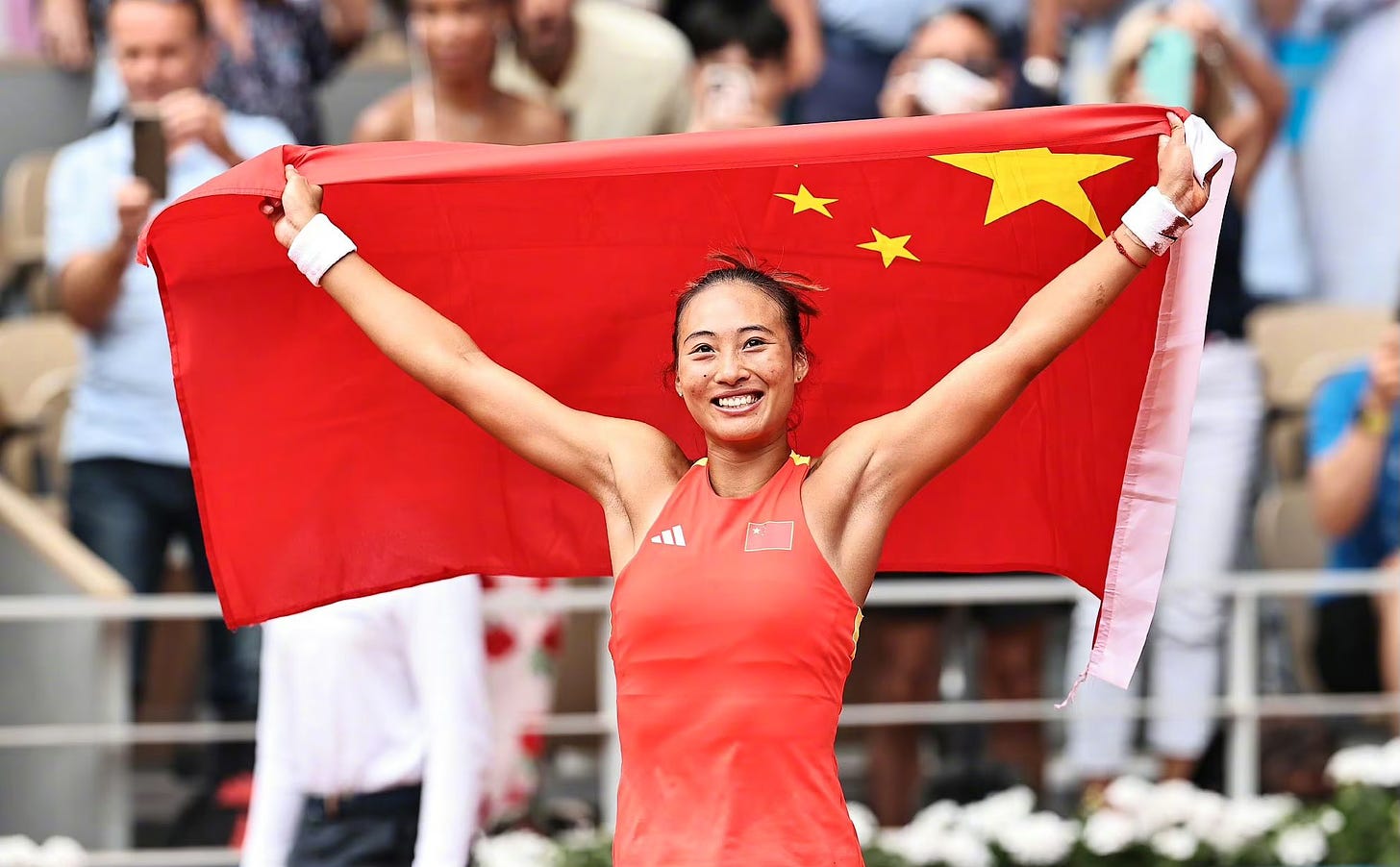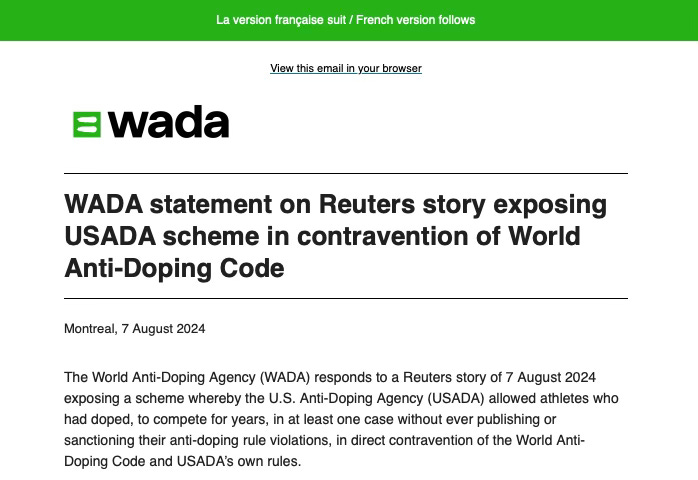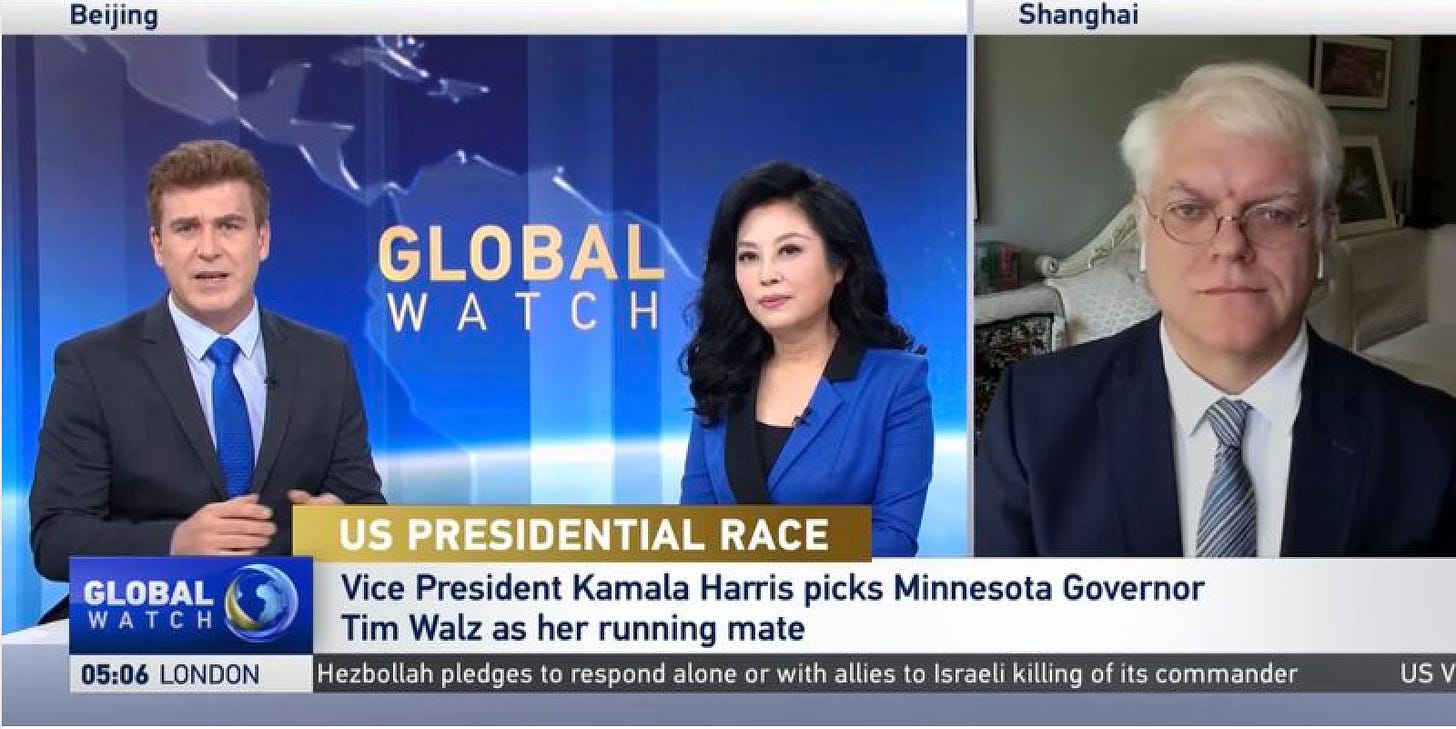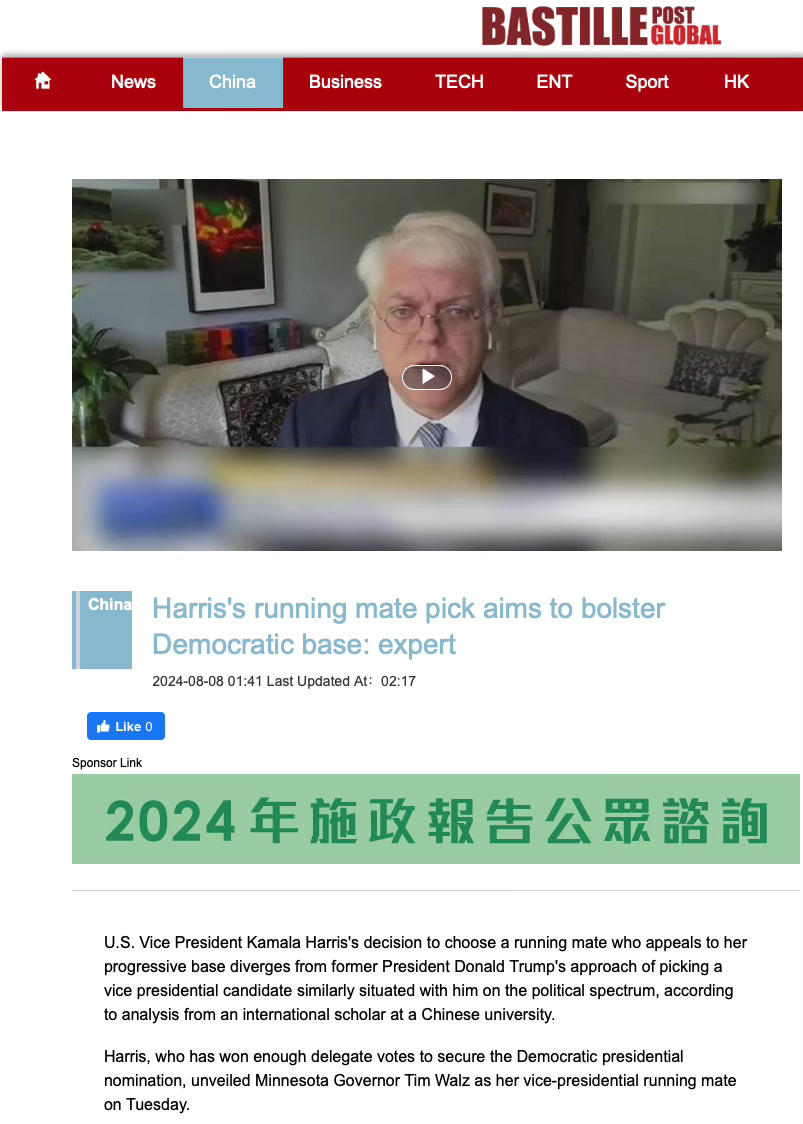DOPE! VP for Kamala
Reuters story of 7 August 2024 exposing a scheme whereby the U.S. Anti-Doping Agency (USADA) allowed athletes who had doped, to compete for years, Mahoney on Kamala's VP selection
WADA statement on Reuters story exposing USADA scheme in contravention of World Anti-Doping Code
Source: WADA
The World Anti-Doping Agency (WADA) responds to a Reuters story of 7 August 2024 exposing a scheme whereby the U.S. Anti-Doping Agency (USADA) allowed athletes who had doped, to compete for years, in at least one case without ever publishing or sanctioning their anti-doping rule violations, in direct contravention of the World Anti-Doping Code and USADA’s own rules.
This USADA scheme threatened the integrity of sporting competition, which the Code seeks to protect. By operating it, USADA was in clear breach of the rules. Contrary to the claims made by USADA, WADA did not sign off on this practice of permitting drug cheats to compete for years on the promise that they would try to obtain incriminating evidence against others.
Within the Code there is a provision whereby an athlete who provides substantial assistance can subsequently apply to have a proportion of their period of ineligibility suspended. However, there is a clear process for that, which does not involve allowing those who have cheated to continue to compete while they may or may not gather incriminating evidence against others and while they could retain a performance-enhancement effect from the substances they took. When WADA eventually found out about this non-compliant practice in 2021, many years after it had started, it immediately instructed USADA to desist.
WADA is now aware of at least three cases where athletes who had committed serious anti-doping rule violations were allowed to continue to compete for years while they acted as undercover agents for USADA, without it notifying WADA and without there being any provision allowing such a practice under the Code or USADA’s own rules.
In one case, an elite level athlete, who competed at Olympic qualifier and international events in the United States, admitted to taking steroids and EPO yet was permitted to continue competing all the way up to retirement. Their case was never published, results never disqualified, prize money never returned, and no suspension ever served. The athlete was allowed to line up against their unknowing competitors as if they had never cheated. In that case, when USADA eventually admitted to WADA what had been going on, it advised that any publication of consequences or disqualification of results would put the athlete’s security at risk and asked WADA to agree to non-publication. Being put in this impossible position, WADA had no choice but to agree (after verifying with its Intelligence and Investigations Department that the security threat was credible). The athlete’s doping was therefore never made public.
In another case of a high-level athlete, USADA never notified WADA of its decision to lift an athlete’s provisional suspension, which is an appealable decision, despite being required to do so under the Code. Had WADA been notified, it would never have allowed this.
How must other athletes feel knowing they were competing in good faith against those who were known by USADA to have cheated? It is ironic and hypocritical that USADA cries foul when it suspects other Anti-Doping Organizations are not following the rules to the letter while it did not announce doping cases for years and allowed cheats to carry on competing, on the off chance they might help them catch other possible violators. WADA wonders if the USADA Board of Directors, which governs USADA, or U.S. Congress, which funds it, knew about this non-compliant practice that not only undermined the integrity of sporting competition but also put the co-operating athletes’ security at risk.
https://mailchi.mp/b716e5fa285c/wada-statement-on-reuters-story-exposing-usada-scheme-in-contravention-of-world-anti-doping-code?e=bef3adf6aa
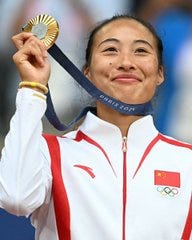
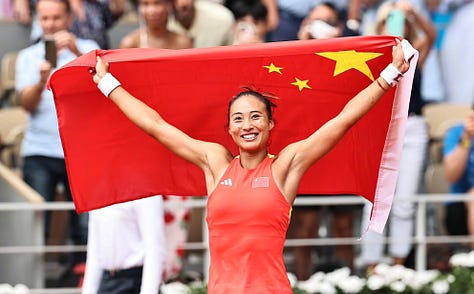
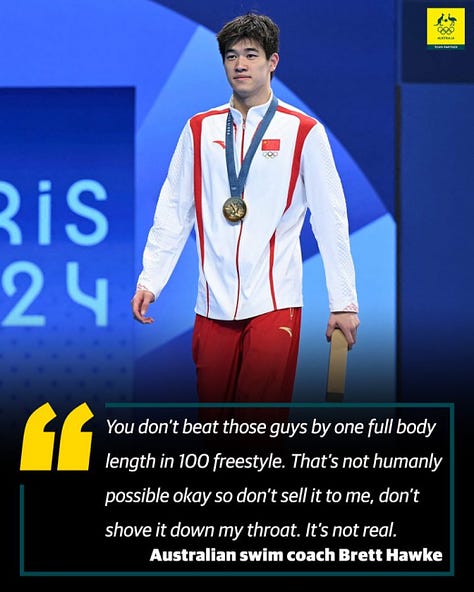
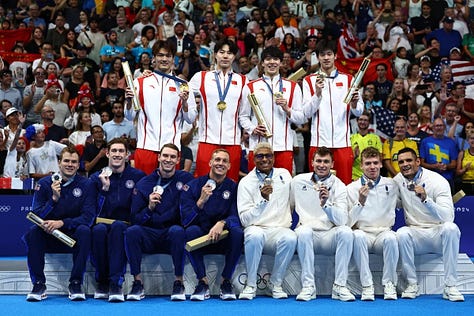
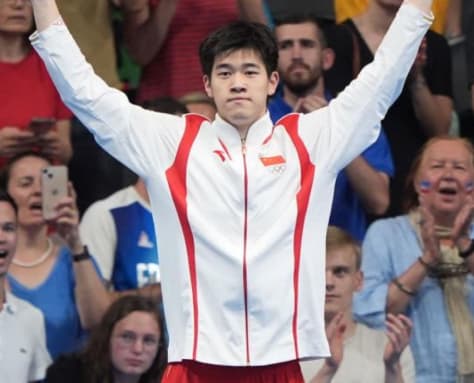
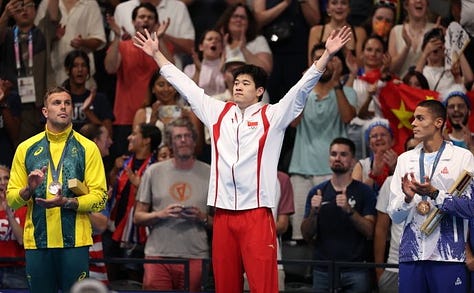
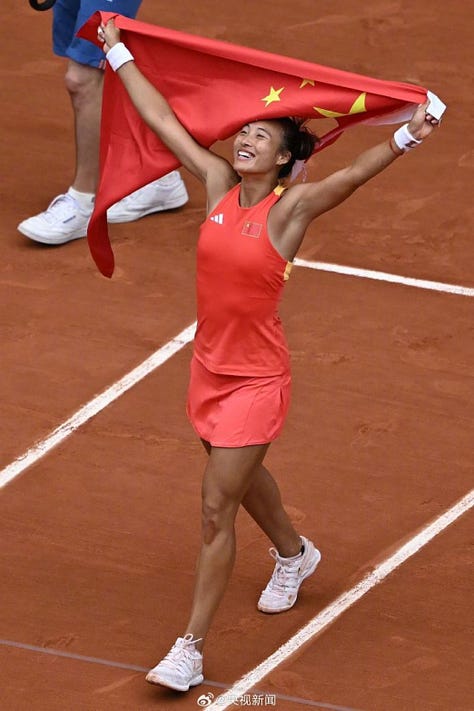

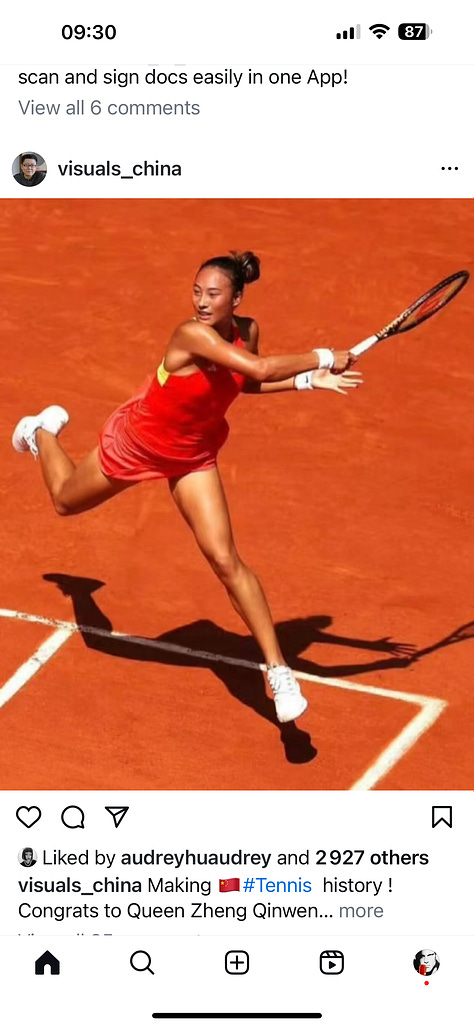
Athletes undercover? Global and U.S. anti-doping agencies clash over tactics
Steve Keating August 7, 20245:22 PM GMT+6:30Updated 15 hours ago
PARIS, Aug 7 (Reuters) - The global and U.S. anti-doping agencies are at odds over undercover tactics used by the American body to try to catch drug cheats, Reuters has learned.
The World Anti-Doping Agency (WADA) says U.S. agency USADA broke the global code by letting several athletes it had caught between 2011 and 2014 violating drugs rules go undercover and keep on competing without prosecution in exchange for information on other violators.
USADA says the tactic is necessary and allowed, and wants to keep using it. WADA says it is against its code and that athletes caught breaking doping rules should not get to line up in races, potentially winning prize money and medals, without first being publicly prosecuted and sanctioned.
The two agencies are also embroiled in dispute over the global system for policing doping in sport, sparked by the case of 23 Chinese swimmers which has cast a shadow over the Paris Olympics.
"WADA is now aware of at least three cases where athletes who had committed serious anti-doping rule violations were allowed to continue to compete for years while they acted as undercover agents for USADA, without it notifying WADA and without there being any provision allowing such a practice under the (global) code or USADA's own rules," WADA said in a statement to Reuters.
The global agency said the three athletes have since retired but declined to name them, citing security concerns in case they faced retaliation. It issued the statement after Reuters asked if it was aware of the practice, having seen speculation about it by sports fans on social media.
The U.S. agency has defended letting drug rule violators compete so they could act as undercover informants, saying in one case such assistance had provided intelligence to a U.S. federal law enforcement investigation into a human and drug trafficking scheme.
"It's an effective way to get at these bigger, systemic problems," USADA Chief Executive Travis Tygart told Reuters. The agency declined to provide specifics about the incident in which the reliance on USADA's informant had helped U.S. authorities.
Tygart, who is known for driving his agency's prosecution of U.S. cyclist Lance Armstrong, believes using violating athletes to expose more senior ones, as well as gather intelligence on organised criminals involved in sports doping and trafficking is the right thing to do.
"If you've got agents or others who are preying on athletes and trafficking … I think it's totally appropriate."
Under the world anti-doping code, to which USADA is a signatory, an athlete who "substantially" assists with a doping investigation can apply to have a proportion of any ban suspended after prosecution.
There is no specific wording that says athletes who have broken anti-doping rules can continue to compete without first being prosecuted and sanctioned.
EVOLVING BATTLE
The suggestion that the code "can be used to justify a failure to prosecute a case for years while doped athletes are sent back into the field as undercover informants to compete against clean athletes is obviously wrong," WADA said.
Tygart said given WADA's stance, they will refrain from using the tactic again unless the global agency gives it clearance but said WADA had adopted an "anti-clean sport position", and that USADA believed it was allowed under the code.
The fight against drug cheats in sport is a constantly shifting battle with anti-doping agencies trying to keep pace when the substances and technology used to gain unfair advantages keep changing.
Agencies now store samples taken from athletes for 10 years that can be retested later for currently unknown performance-enhancing substances. Retests of samples from the 2008 Beijing and 2012 London Olympics resulted in dozens of disqualifications and medals being reallocated as recently as this year.
WADA told Reuters that in 2021 USADA had informed it that from as early as 2011 it had allowed rule-breaking athletes to act as informants, and the global agency told it to stop the practice immediately.
WADA said that two of the athletes were low-ranking on the running circuit but one was higher profile.
The global agency said that by the time USADA informed it of the practice, the athletes involved had retired and that their safety would be a risk were WADA to pursue an appeal to have their racing results wiped out or prize money returned, given the informant work they had been doing.
The higher-profile athlete's "case was never published (made public), results never disqualified, prize money never returned, and no suspension ever served," WADA said.
WADA said its Intelligence and Investigations department assessed that the risks to the athlete were real enough that it could not refuse USADA's request to close the case.
"Being put in this impossible position, WADA had no choice but to agree," it said.
USADA said in a statement WADA was aware of the cases before 2021 and called the global agency's statement "a smear" made in response to criticism of their handling of the Chinese swimming case.
https://www.reuters.com/sports/athletes-undercover-global-us-anti-doping-agencies-clash-over-tactics-2024-08-07/
Prof. Josef Gregory Mahoney joined #cgtn to discuss #harris choosing Tim Walz as her running mate.
Why Walz?
There are three basic strategies, choose someone who:
1) helps you winelectoral college votes;
2) appeals to your base while you run to thecenter; or
3) compensates for whatever you're missing, but as anacolyte. Trump used the last strategy, adding youth without moderatinghis message, even using Vance to dog whistle....
Many thought Harris would take the first approach, given the fact that this election will be determined by 5 or 6 swing states, and choose someone like Pennsylvania Governor Josh Shapiro, a moderate and leader of one of the most important swing states.
Instead, she took the second approach. Walz is a folksy Midwestern progressive who should be well liked by her base, which was crumbling with Biden. She'll still be able to tout Shapiro as a possible cabinet pick and have him campaign for her but avoid some difficult questions, e.g.Shapiro is Jewish and a big part of the her base is angry with the conflict in #gaza now, one of the most difficult issues for her balance in her messaging. Meanwhile, choosing Walz allows Harris to run towards the center to attract the swing voters who will determine the outcome.
What's the VP's role in the campaign?
The first priority is to bring something to the table, e.g., votes, a regional connection, an ideological value, a style, youth or wisdom depending on the age of the presidential candidate, or to add a gender or racial difference, etc.
Great picks risk overshadowing their running mates, as happened whenDukakis chose Bentsen in 1988, and terrible ones can undermine thecredibility of the campaign, as happened when McCain chose Palin in2008. There's an odd balancing act.
A good VP will be a strong proxy, instill confidence that he or she will bea good replacement should the president die or become incapacitatedbe a good debater, and go on the attack when it's too risky for therunning mate to do so. He or she will also be able to leverage somefundraising support and provide some political advice and wisdom, while shouldering a lot of campaigning...
How will Trump react?
Trump was worried about Shapiro, which would undercut his pro-Israel message and risk a key swing state, so his simple reaction was "Thank you." He was already painting her as too liberal; with Walz he'll double down on this message. He might also say Harris is anti-Jewish and anti-Israel by not picking Shapiro, or have proxies do this...
Does her choice force Trump to rethink his commitment to Vance? Will he dump him, as some were already speculating, or adjust how he uses him? In many respects Walz is the opposite of Vance, and this will make the negatives associated with Vance even more apparent, but likewise those elements that appeal to Trump's base. My guess is Trump will stick with Vance but they'll start thinking about how Vance can compete in Vp debates.



